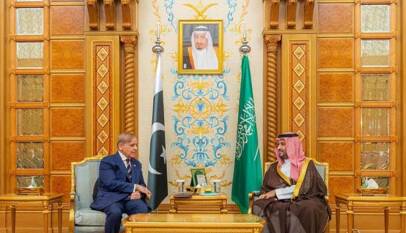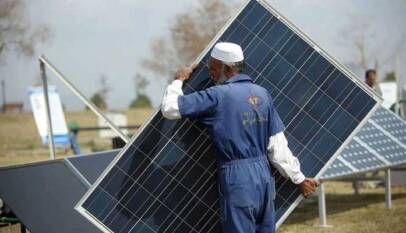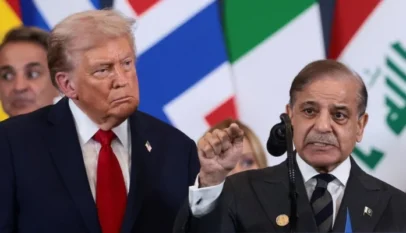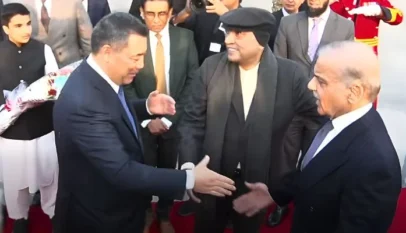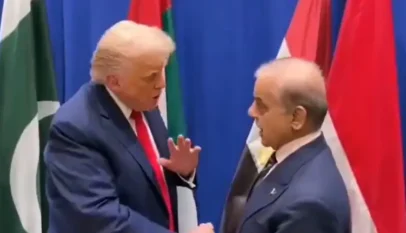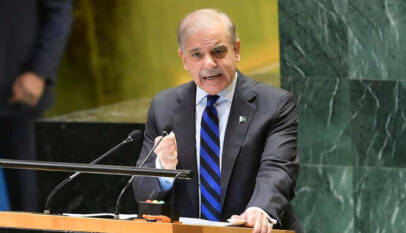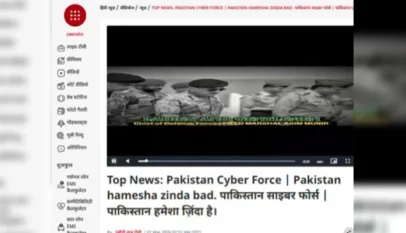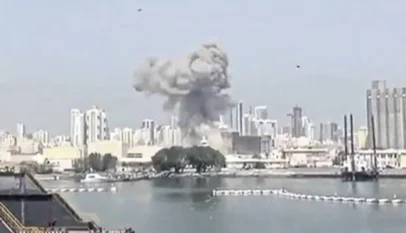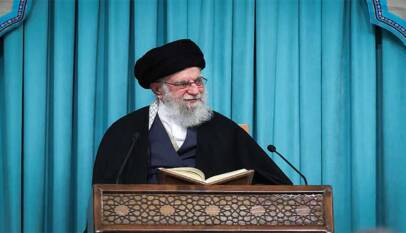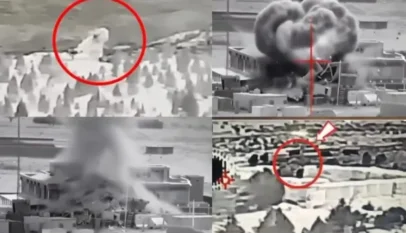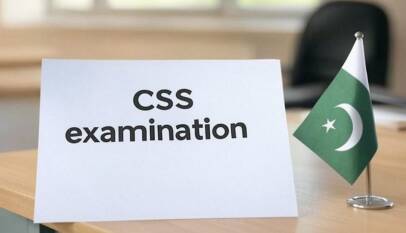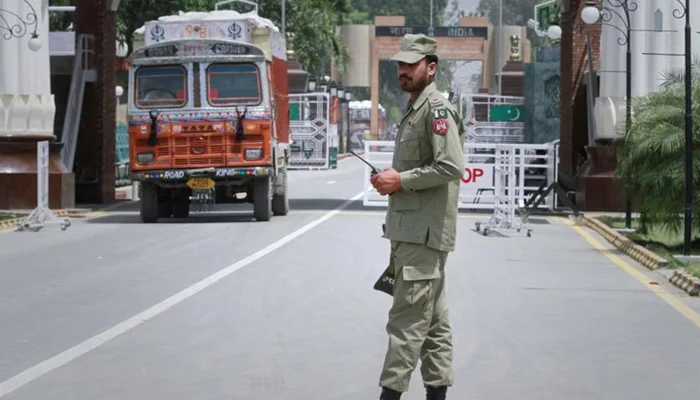
The United Nations has called on Pakistan and India to exercise “maximum restraint” following a deadly attack in Indian Illegally Occupied Jammu and Kashmir (IIOJK) that has pushed the two nuclear-armed neighbors into a fresh wave of diplomatic hostility.
Tensions escalated sharply after gunmen killed 26 civilians—mostly Indian nationals—at the popular tourist site of Pahalgam earlier this week. Indian authorities have described it as the worst civilian massacre in the disputed region in more than two decades, accusing Pakistan of harboring and backing militants responsible for the attack.
In response, UN spokesperson Stéphane Dujarric on Thursday urged both governments to avoid further escalation. “We very much appeal to both the governments to exercise maximum restraint, and to ensure that the situation does not deteriorate any further,” he told reporters in New York. “Any issues between Pakistan and India, we believe, can and should be resolved peacefully through meaningful mutual engagement.”
Indian Prime Minister Narendra Modi, in his first remarks since the attack, vowed to hunt down the perpetrators and their alleged supporters. “India will identify, track, and punish every terrorist and their backer,” he said. “We will pursue them to the ends of the Earth.”
Islamabad has strongly denied any involvement, calling India’s accusations “frivolous.” Following a high-level National Security Committee (NSC) meeting chaired by Prime Minister Shehbaz Sharif, Pakistan warned of a resolute response to any threat. “Any threat to Pakistan’s sovereignty and to the security of its people will be met with firm reciprocal measures in all domains,” read a statement from the Prime Minister’s Office.
The aftermath of the Pahalgam attack has seen both nations take a series of retaliatory diplomatic steps. India suspended the decades-old Indus Waters Treaty, closed its primary land border with Pakistan, withdrew visas for Pakistani citizens, and downgraded diplomatic relations. In response, Islamabad expelled Indian diplomats and military officials, cancelled Indian visas (except for Sikh pilgrims), and shut the border crossing from its side.
Pakistan also warned that any Indian attempt to cut off water from the Indus River system would be treated as an “act of war.”
Kashmir, a region split between the two countries since 1947, remains at the heart of their long-standing dispute. A UN-mandated plebiscite promised to the Kashmiri people has yet to be held.
Rebel groups in IIOJK have waged an insurgency against Indian rule since 1989, seeking independence or merger with Pakistan. The Pahalgam assault, however, marked a rare shift in targeting civilians rather than Indian security forces.
Indian security forces have launched a wide-ranging manhunt, detaining large numbers of people across the region. Meanwhile, authorities have announced a ₹2 million ($23,500) reward for information on each of the attackers.
India’s military presence in the region has also intensified. The air force and navy conducted military exercises on Thursday, amid growing speculation of a potential retaliatory strike. Some analysts suggest a military response could come within days.
The violence has sparked nationalist fervor across India, with Hindu groups staging protests and reports emerging of Kashmiri students facing intimidation in various parts of the country.
Recalling the 2019 Pulwama attack that led to retaliatory airstrikes by India in Pakistani territory, many fear a repeat escalation. Modi’s message on Thursday carried an ominous tone: “Whatever little land these terrorists have—it’s time to reduce it to dust.”
Source: Web Desk
Indian News channel hacked, pro-Pakistan content broadcast briefly
(Web Desk) — Indian television channel ABP News was temporarily disrupted after hack…

